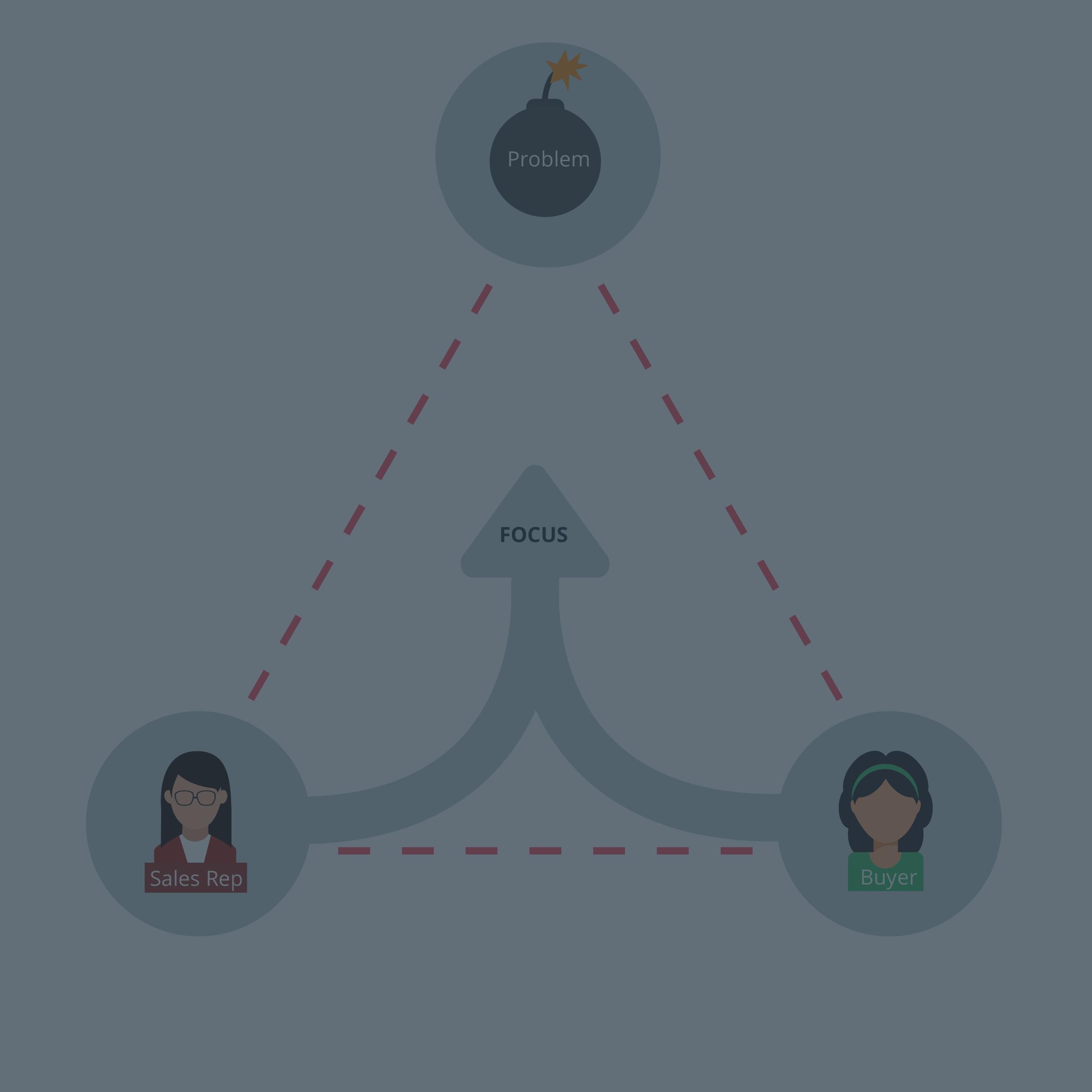Discover What Your Sales Process is Missing
We all know the game. Market your products or services (hopefully using the inbound approach), collect the leads and then you get the sales…right? If...

There are many salespeople who are so focused on selling or promoting their products that they lose sight of the internal process and experience of the buyer. How we're able to communicate these days has also changed the landscape for buying and selling. These two factors combined can decimate the bottom line for a company who isn't actively taking steps to close the gaps that only get bigger with the passage of time.
HubSpot, in their inbound marketing lessons, frequently refers to how the Internet has changed how people buy because they no longer have to rely on salespeople for information. By the time someone is ready to actually talk to a representative of your company, they want to know the finer points of how your product is a solution to their unique set of problems. Also, from my experience, a prospect must see the sales person as an asset, someone who can help them solve their problems.
To meet this expectation, you'll need to invest more in training your sales team to truly see things from the buyer's perspective. The approach should be having the buyer and sales person working together on the same side of the table to find the solutions to the buyer's problems.
To understand the Psychology of Buying (from the eyes of the buyer), you need to be more aware of some of the following phases that a buyer goes through in arriving at the decision to do business with you. The sales person's job is to assist them in the quest, not tell them what to do. Also, if you take into account communicative styles along the way, you’ll be all the more successful. People need and like to buy, but don't want to be sold, and you can influence them.
By the time you're into a meaningful discussion that could result in a sale (the consideration stage or middle of the funnel) these are the stages you hope to complete with the buyer:
INTRODUCTION to your product
INTEREST in your product
SAMPLE your product
INCREASED INTEREST in your product
PURCHASE of your product
LOYAL to your product, introducing it to other people, and recommending you.
Of course, every sales representative has this chain of events in mind but sometimes they have a difficult time making the mental shift into the buyer's shoes when they begin to deliver the information they hope will end in the loyal customer stage.
Building relationships described here require a lot more effort than just swinging by and talking to someone or volumes of calls to set appointments. A good CRM will need to be part of your tool set to manage the subtle details that lead to understanding things from the perspective of the buyer, especially when your mind is naturally more focused on making the sale. Consider incorporating this into your daily routine and learning the deeper functions and features that will make this entire process easier for you.
If you are always focused most on what is motivating buyers, the sales process will be more effective and comfortable for the buyer and the Sales Rep. Understanding and taking a buyer through these stages is your real function as a sales person or sales manager. And, if you do it correctly, it will unfold naturally to the conclusion of a new customer. Happy Selling!

We all know the game. Market your products or services (hopefully using the inbound approach), collect the leads and then you get the sales…right? If...

Fast results from your marketing and sales processes. This is what is needed to impact the bottom line in all the aspects of being in business...

Always intended but easy to overlook as the days go by, follow-up in the sales process is often the first area I zero in on when helping someone...